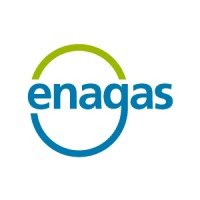Hyundai switch on fuel cell power plant

Hyundai Motor, a South Korean multinational auto manufacturer, has switched on its pilot power plant based on its hydrogen fuel cell technology. The fuel cell power plant has a power capacity of 1 MW and comprises two containers of 500 KW generator modules, each with numerous power modules. This facility can produce electricity up to 8,000 MWh/year, which is sufficient for around 2,222 households based on 300 KWh/month electricity consumption.
The power generation facility which is located at the Ulsan thermal power plant is built in partnership with Korea East-West Power (EWP), a power company and Deokyang, an industrial gas producer. The initial plan for the project was agreed between the three companies back in April 2019.
Hyundai has used its own fuel cell vehicle technology which is being used in its NEXO brand. H2 Bulletin believes that it is likely to the first time that Hyundai used its vehicle fuel cell technology to generate power at this scale.
Fuel cells use hydrogen as a direct fuel to prevent emission during power generation. In this case, the hydrogen supplied to the plant is from the Deokyang petrochemical company in Ulsan through a pipe network. H2 Bulletin understands that given that the hydrogen feeding the plant is a byproduct from a petrochemical process, which is likely to be grey hydrogen. However, fuel cells can be run on any type of hydrogen, irrespective of the sources from which it is produced.
NEXO is the second generation technology of Hyundai Motor that was launched for the first time in 2018. Hyundai plans to expand the annual production capacity of the fuel cells up to 700,000 units in 2030. It launched HTWO (stand for H2) brand last month to promote fuel cell systems and aim to expand its technology to other sectors.
